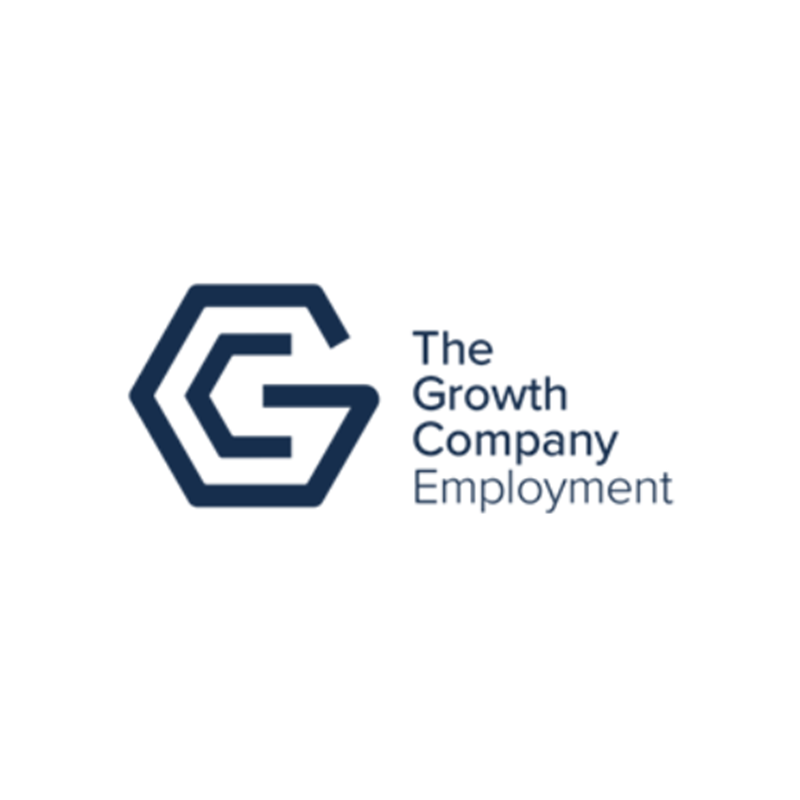When employers offer opportunities, they often have several core hopes for their new hires including that: the candidate has the skill and competency required for the role; that they’ll be adaptable and agile; be motivated to produce their best work; be professional; collaborate with others; grow and develop over time; and be a good cultural fit for the organisation.
Countless studies over the years have shown that in order for people to bring their best selves to work and deliver on expectations, they need to feel included and that they belong.
So, what can you do as an employer on the first days and weeks to help your new hire feel included?
Firstly, create a welcoming environment. To do this, it’s important to create an environment with open communication, collaboration & mutual understanding. Outlining your values as an organisation will help new hires understand how they are expected to conduct themselves whilst working for you.
Provide comprehensive information about the company's policies, procedures, and resources in a format that is accessible to all, including people with disabilities or those who may have different learning preferences.
Tailor your onboarding plans. Different individuals may have varying needs and backgrounds. Personalise the onboarding experience to cater to individual requirements. Consider factors like cultural differences, language proficiency, and prior work experience to provide appropriate support and guidance.
Assign a seasoned employee as a mentor or buddy to new hires. This mentor can help the new employee acclimatise to the company culture, answer questions, provide guidance, and offer support throughout the onboarding process.
Conduct regular diversity and inclusion training sessions for all employees, including new hires. These sessions can help raise awareness about unconscious biases, promote cultural understanding, and foster an inclusive work environment. There are a wide range of specialist speakers and training services that cover a whole range of Diversity &Inclusion topics, so don’t feel like you have to have all the answers internally.
Establish Employee Resource Groups that allow individuals with shared backgrounds or interests to connect, support one another and contribute to the company's inclusivity efforts. These usually centre on Protected Characteristic areas such as Ethnicity, Disability, Gender & Religion, but can also focus on individuals with specific lived experiences such as caring responsibilities, health & wellbeing or ex-military. If your organisation isn’t of a size where this would be practical, establishing a reverse-mentoring scheme can be equally as effective.
Continuously seek feedback from new hires about their onboarding experience. Regularly assess and refine your onboarding programme based on this feedback to address any gaps or areas for improvement.
Train managers and leaders to promote inclusivity and lead by example. Encourage them to actively listen to employees, address concerns, and create a supportive and inclusive work environment for everyone.
Recognise and accommodate the diverse needs of your employees. Embrace flexible work arrangements, accommodate religious observances, provide accessibility options, and consider individual circumstances to foster a culture of inclusion. Where it’s possible to do so, you might want to give employees a range of acceptable working hours. For example, giving a 12 hour window where you’d expect 8 hours of work to be completed can create the flexibility for your employees to run errands, tend to caring responsibilities or exercise.
As you can see, creating an inclusive environment where colleagues can bring their whole selves to work and thrive is an ongoing process. Outlining your commitment to your employees as an employer right from the outset will help instil confidence in your new hires. Continuously educate yourself and your team, remain open to feedback, and adapt your practices as needed to foster an inclusive workplace environment for all employees and you’ll be sure to realise the hopes you have for your new recruits more often than not.
This blog is to mark the start of GC Employment’s activity for Good Employment Week!
To discuss any aspect of your recruitment and onboarding process, please contact Adrian Bird, Head of Aspire in Partnership on 07503 620 816 or Adrian.bird@gcemployment.uk. Adrian supports organisations to recruit more inclusively, helping them to become more diverse and deliver on Social Value commitments.
